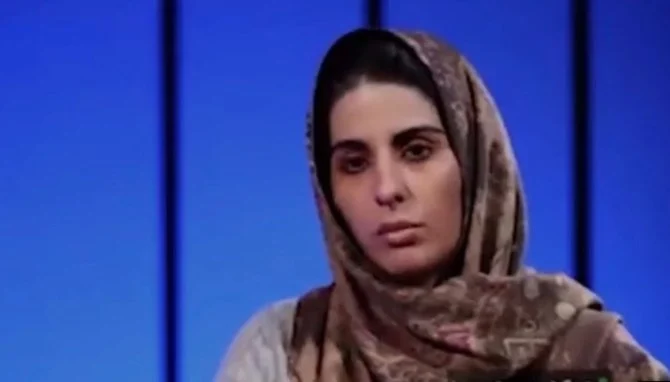TEHRAN (Parliament Politics Magazine) – According to the Guardian’s report on Tuesday, Iran has been shaken by protests after a woman who was detained for violating recently tightened hijab rules confessed on state television after allegedly being tortured.
The 28-year old Sepideh Rashno was arrested in July after she was caught on camera on a bus disobeying the dress code.
Rashno was among the women who violated the government’s tight Hijab and Chastity Day on July 12.
Prior to making a confession on state television, the writer and artist was arrested and then admitted to the hospital with internal bleeding, reported the Hrana human rights organisation.
Rashno received brutal treatment after President Ebrahim Raisi on August 15 imposed new rules on the dress code of the country.
Five women were jailed for breaking the law, Hrana said, and four of them were pushed to make forced confessions on television.
The rights group also discovered that 1,700 people have been called to police stations for violating the hijab and the changed dress code.
Due to Rashno’s hardship, she appeared on state television on July 30 and was seen with a scarf around her head in the new mandated style before apologising.
She looks “pale and subdued,” the Guardian’s report said, with “dark circles around her eyes.”
Skylar Thompson, senior advocacy coordinator for Hrana said that her face had obvious signs of physical beatings. It was clear that she has been physically assaulted in addition to the psychological torment of being forced to confess.
Adding on, Thompson said that the observers had witnessed there had been a surge of crackdowns against women like they had not seen in some time. The international community needed to pay attention to it. Another result of Iran’s lack of accountability were those abuses.
Rashno is still being held. Women’s rights advocates protested in Tehran while carrying signs that said, “Where is Sepideh Rashno?”
Activists have released a video of themselves reciting “The Confession,” a poem that alludes to her suffering.
The stiffening of the hijab laws is a part of a “systematic wider pattern of repression” in Iran, according to Prof. Ali Ansari, a Middle Eastern political expert at St. Andrews University in Scotland, who spoke with The Guardian. This trend has gotten worse under Raisi.
Ansari stated that state security has become quite strict across the board. Due to the collapse of societal standards and the infiltration of western culture, the women’s movement is portrayed as a danger to national security.
Rashno’s forced confession is unlikely to have the desired impact, Tara Sepehri Far, senior researcher at Human Rights Watch, told The Guardian. She said Rashno was very pale. She was clearly exhausted. There was no attempt made to suggest that this was a voluntary narrative.





